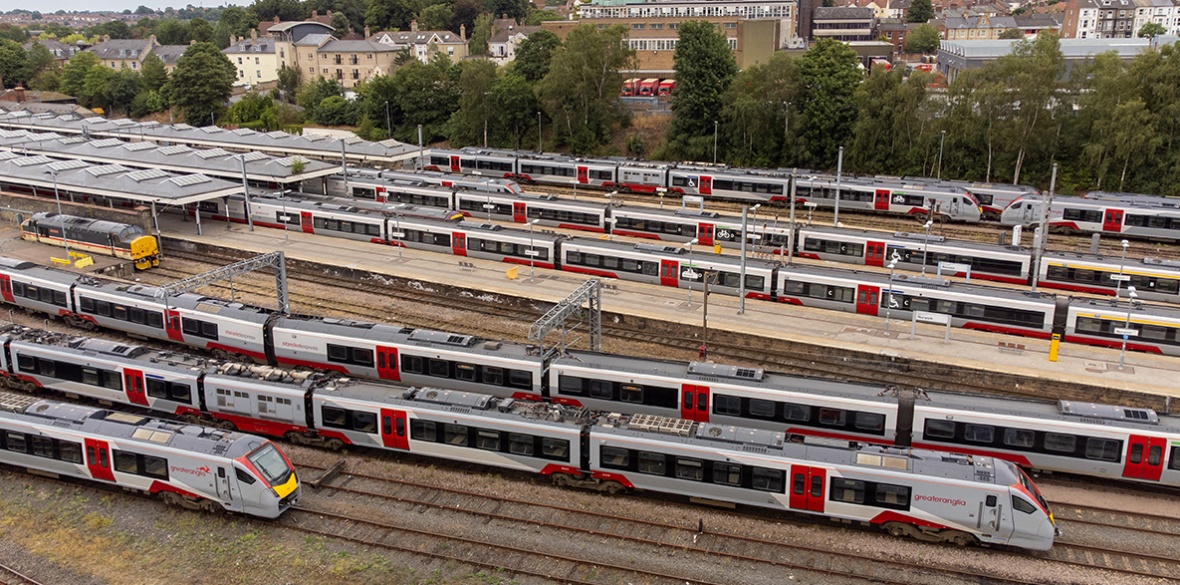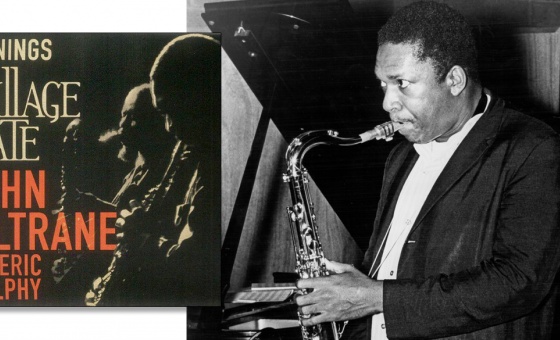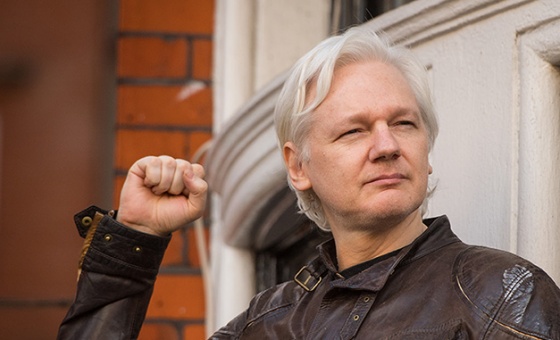This is the last article you can read this month
You can read more article this month
You can read more articles this month
Sorry your limit is up for this month
Reset on:
Please help support the Morning Star by subscribing here
IF YOU want an illustration of how the British economy transports cash out of public services and into the hands of investors while short-changing the public, have a look at Porterbrook.
It is one of the most important firms in the privatised rail industry, but is barely mentioned on the news.
Rail staff are going on strike to stop their pay being cut, but the latest accounts show Porterbrook’s boss got a 36 per cent pay rise, taking their salary to £915,000 a year. Porterbrook shareholders got £80 million in dividends.
Porterbrook is one of the “train leasing companies” or “rolling stock companies” — Roscos for short.
You might imagine the firm with its name on the side of the carriage owns that carriage, but they usually don’t.
Ever since the 1997 privatisation of British Rail, the carriages rolling along the rails — the rolling stock — have been owned by the Roscos.
The rail firms paint their names on the carriages, but the Roscos sit in the background, sucking cash out of the rail system.
It’s big business. Porterbrook is one of the three main Roscos. Its latest accounts show that it had a £453m turnover and made a £75m profit in 2020. The Covid pandemic slashed rail travel, but barely touched Porterbrook’s income.
It explains why in its annual report: “The risk of non-use of rolling stock arising as a result of the reduction in passenger volumes is borne by the TOCs and, as a result, the group’s trading performance has withstood the most significant impacts of the pandemic.”
The “TOCs” are the train operating companies like Northern Rail and Southern Rail and so on.
Porterbrook says its contracts mean that it gets paid regardless of how many tickets are sold or passengers carried by trains, so Covid had little effect.
The annual report goes on to say: “Following the reduction of rail industry revenues at the start of the first lockdown in March 2020 the UK government … stepped in to provide support to TOCs.
“The Department for Transport (DfT) put in place Emergency Measures Agreements (EMAs) to mitigate the financial impacts resulting from the Covid-19 pandemic to ensure key rail services continued to operate.”
Which means the government bailed out the train operating companies to keep trains rolling as Covid cut the number of fares. And the train companies then sent £453m of this public bailout to Porterbrook.
Porterbrook in turn paid an £80m dividend to its investors — the government bailed out the train firms, they paid Porterbrook, Porterbrook transferred a huge sum to its owners.
Five investment houses own Porterbrook and shared that £80m: Allianz, a German investment giant; Britain’s Dalmore Capital; Israeli investment firm Generation Capital; French energy firm EDF; and Aimco, a publicly owned pension fund from Canada.
This is how “privatised” rail works in Britain. The government gives rail firms monopoly licences, subsidies and bailouts. Then money leaks out into the hands of investors at every stop.
The money isn’t reaching the train staff — as track, train and station staff are all striking to try stop getting their real pay cut with below-inflation settlements.
But Porterbrook is as generous with its top salaries as it is with its investors. The highest-paid director at Porterbrook got £915,000 in 2020, a 36 per cent increase on the £671,000 payment in 2019.
That big salary is probably going to Porterbrook chief executive Mary Grant, although the accounts did not name her and Porterbrook did not respond to enquiries.
Porterbrook’s bosses are experts at squeezing cash out of the public purse. In July 2020 Porterbrook hired a new chairman, Sir Adrian Montague.
Back in the 1990s Montague was a banker who advised on the privatisation of British Rail.
In 1997 Gordon Brown hired him to run the “private finance taskforce” in the Treasury, which was behind New Labour’s massive enthusiasm for the private finance initiative (PFI).
Montague also advised John Prescott on the attempt to turn London Underground into a PFI. All these schemes transferred billions of pounds of public money to private firms before failing and collapsing.
There is nothing natural about Porterbrook’s business. It was born out of a mix of sharp and stupid manoeuvres by both political parties.
Tory prime minister John Major privatised British Rail in what most commentators now admit was a botched job, pushed through before they lost the upcoming election.
The Tories carved up British Rail into bits to flog it off. This included selling all the rolling stock off, cheaply. In early 1996, when the rolling stock was sold off, Labour was promising to renationalise rail.
This pushed the price of the rolling stock even further down, as investors worried they would buy something that would be taken back by the government.
But by the end of 1996, Labour abandoned renationalisation, so the price of the Roscos soared.
This meant that a former rail manager called Sandy Anderson, who led the management buyout of Porterbrook, got a massive windfall.
Anderson invested just £120,000 in Porterbrook. But when he and his colleagues sold Porterbrook to private rail firm Stagecoach in 1997, his shares were bought for £30m.
The firm hadn’t built any more carriages, the windfall came from pure speculation, enabled by the Tory low-value sale and Labour’s cowardice.
Since then Porterbrook has been bought and sold again until it fell into the hands of the current investors.
Train leasing to the publicly backed and subsidised rail system is very attractive to them because it offers a guaranteed return for very little risk.
It’s a clear illustration of how privatisation becomes a way of transporting money into private investors’ hands, leaving the public interest in the sidings.
Follow Solomon Hughes on Twitter @SolHughesWriter.











